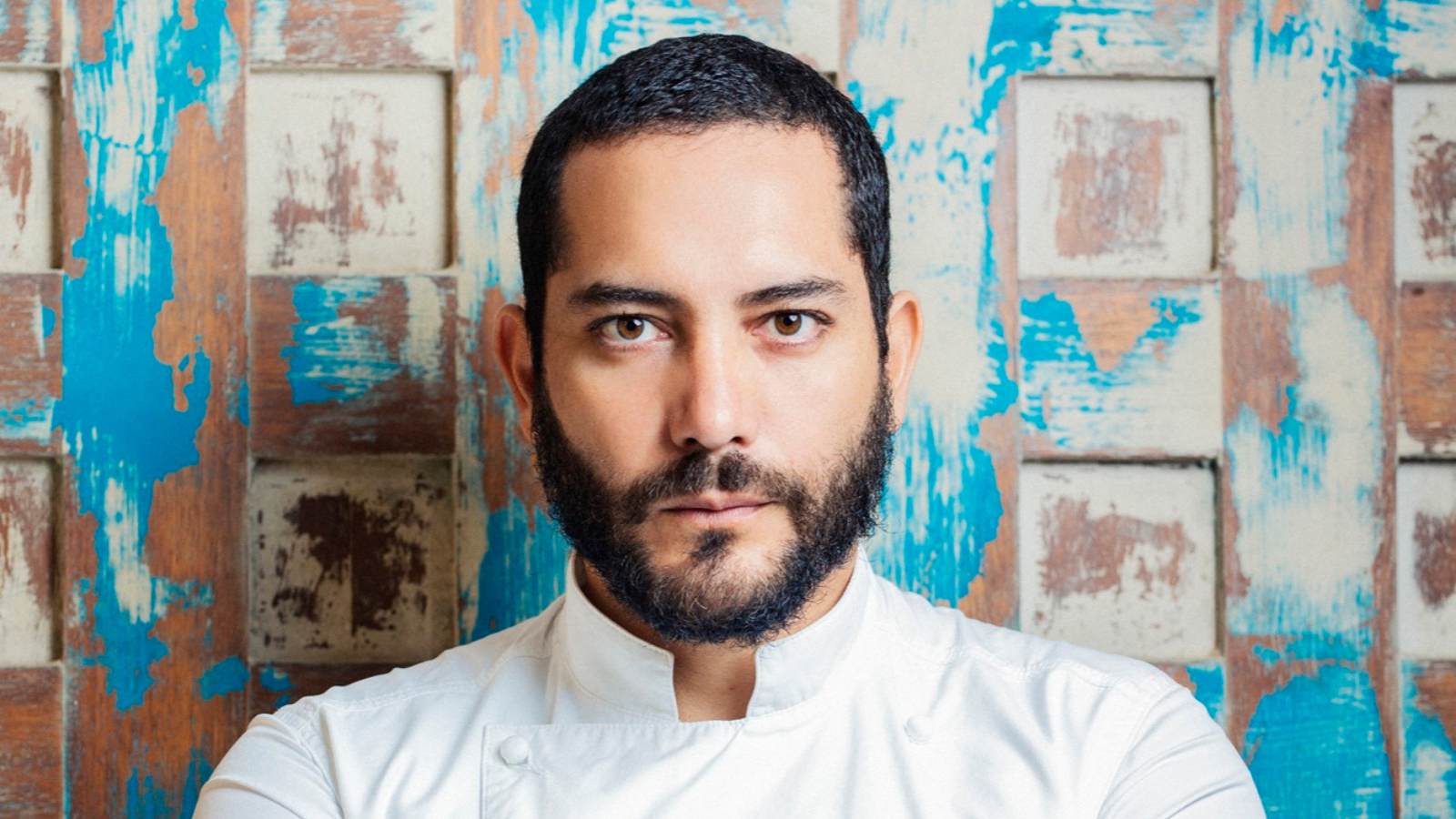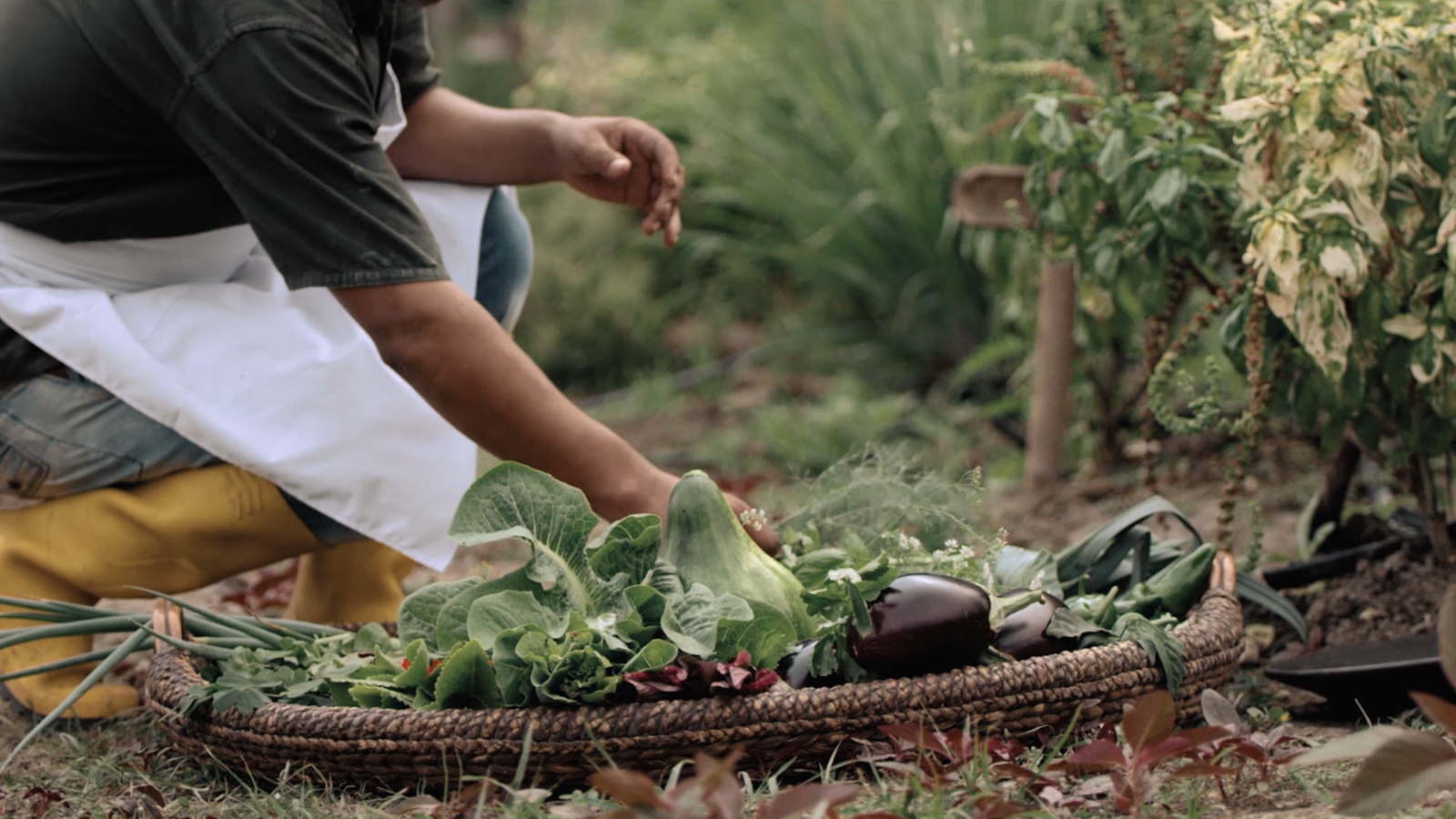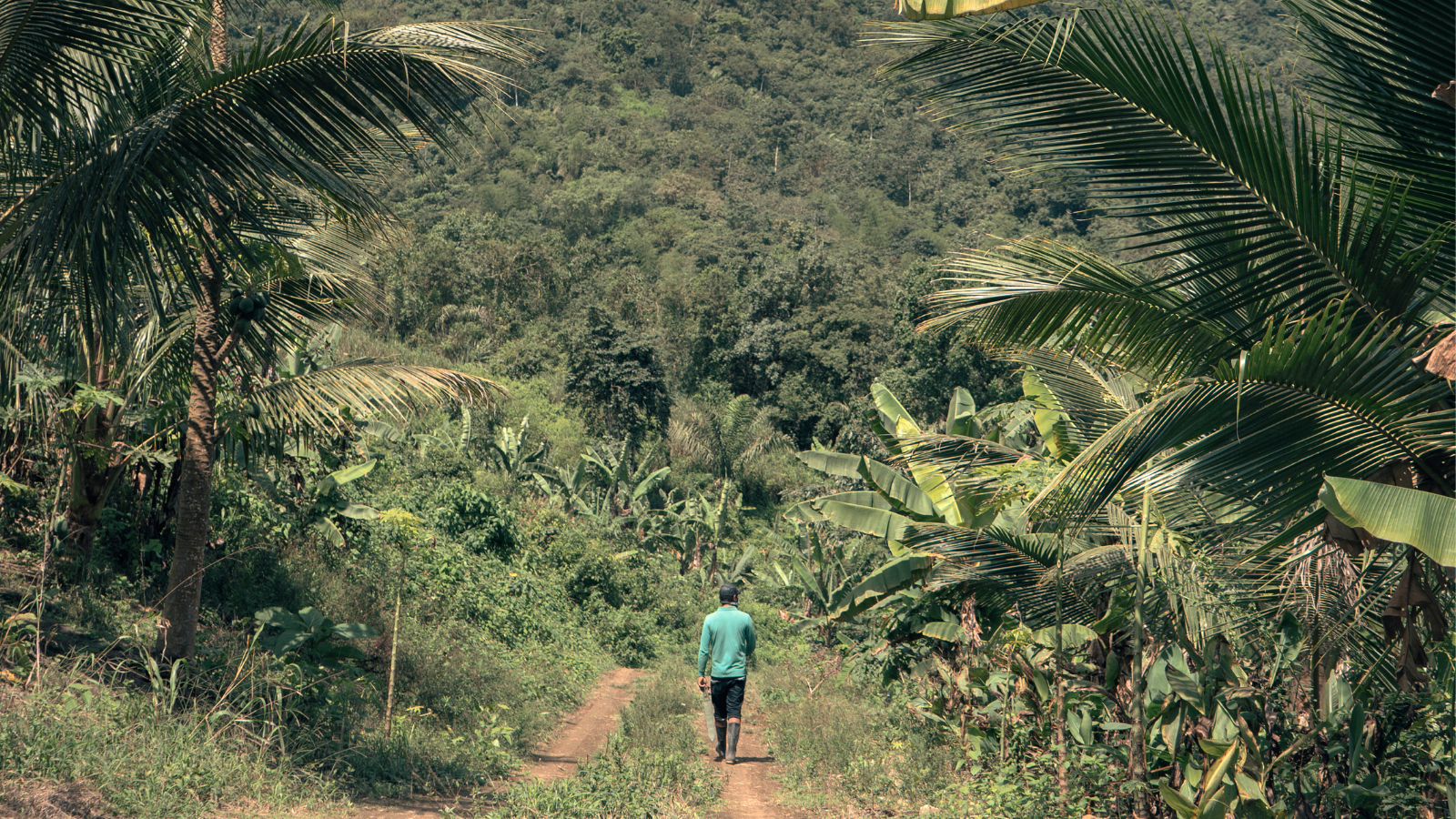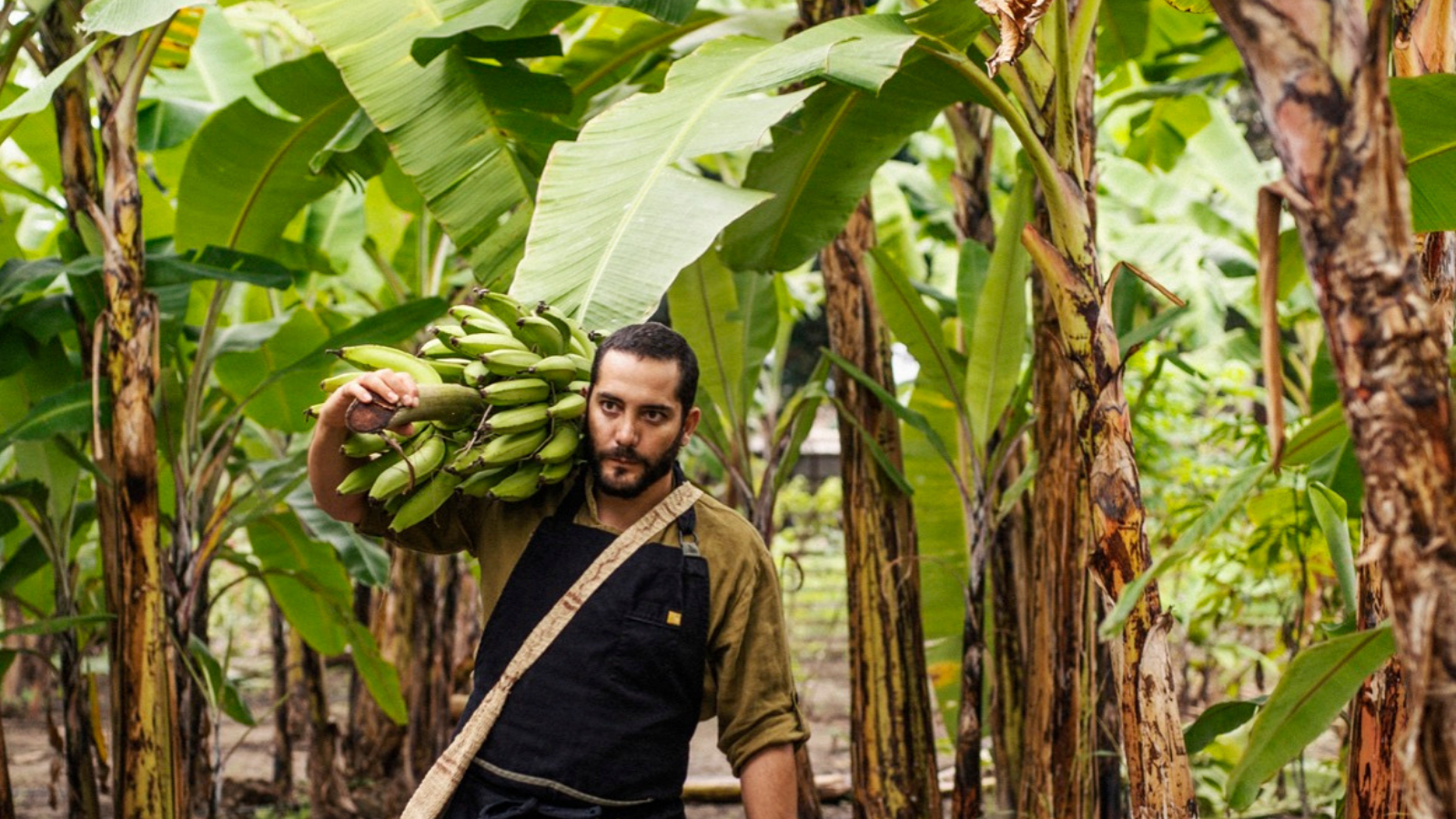"We must educate the world to love and respect the flora around us."
Quito, 26 April 2021. Despite their importance, plants and their diversity are often taken for granted. Plants are not only an essential component of healthy diets, but also provide 80 percent of the food we eat. Our health, our nourishment, our livelihoods, our ecosystems depend on them. As the International Year of Plant Health’s Goodwill Ambassador for Latin America and the Caribbean, the Ecuadorian Chef Rodrigo Pacheco has pledged to keep advocating for plant health, biodiversity and the urgent restoration of natural ecosystems.
“Plants are like my family. Cultivating a strong relationship with them and working hand in hand with nature has become my way of life”, he admitted. “We must educate the world to love and respect the flora around us. My mission is to empower people and help them recognize the importance of protecting plant health to sustain life”.

Chef Rodrigo’s approach to cuisine is resilient, biodiversity-driven and transformative. He uses his culinary creativity to build a bridge between humans and plants, and help people reestablish a healthy relationship with nature. “Chefs and food makers play a crucial role in reconnecting people with the environment. It is our duty to promote the products that best reflect and enable a smarter and more sustainable relationship with the flora of the planet”, he said.
According to FAO, up to 7 000 plant species have been cultivated for food in history. Yet, 40 percent of our daily calories derive from just three crops: rice, wheat and maize. Many plant species are struggling in the face of today’s environmental changes, while others can still play a vital role in supporting healthy and nutritious diets. “Plants can offer a wide variety of flavors, aromas, textures, colors and nutrients. Isn’t it amazing?” - emphasized the IYPH advocate. His passion for regenerative gastronomy has led Chef Rodrigo to take concrete actions for ecosystems restoration, starting from his home country.

Pacheco is currently working on the creation of a “biodiversity corridor” in Ecuador running from the Pacific Coast to the Andean Choco, crossing different ecosystems and microclimates. By restoring ten different ecosystems, including mangroves and coral forests, the IYPH advocate’s ambition is to create “the biggest ridge-to-reef edible forest on Earth, a bio-network where humans play a positive role”. As explained by the IYPH advocate, “A biodiverse edible forest can provide a big variety of local solutions to global problems, such as climate change, malnutrition, environmental degradation, food and water waste, poverty, and more”.
Articulated into three programs – ecology, education, and bio-economy - the “biodiversity corridor” project will also help empower and bring new economic opportunities to the local communities whom plaid a crucial role during the realization of the project from when it started almost a decade ago. Chef Rodrigo’s culinary expertise owns much to the ancestral traditions and knowledge of local communities in Ecuador. His restaurant celebrates the ancestral culinary past of the Valdivian culture using ingredients produced under pristine agricultural conditions with the support of local communities.

“Our ancestral traditions have been of great inspiration and guidance. This knowledge is still alive but risks disappearing as people have taken so much from it without giving the proper recognition. It is our duty to hear and amplify indigenous communities’ voices and messages”, urged Chef Rodrigo. The IYPH advocate’s approach to live in harmony with the environment and his plan to create the largest edible forest in the world have caught the attention of political leaders, activists, private businesses, and citizens around the world. His motivation and commitment will keep inspiring others to take actions for plant health and rethink their relationship with nature and the flora around us.
To discover more on the IYPH advocates, please visit http://www.fao.org/plant-health-2020/our-advocates/en/
